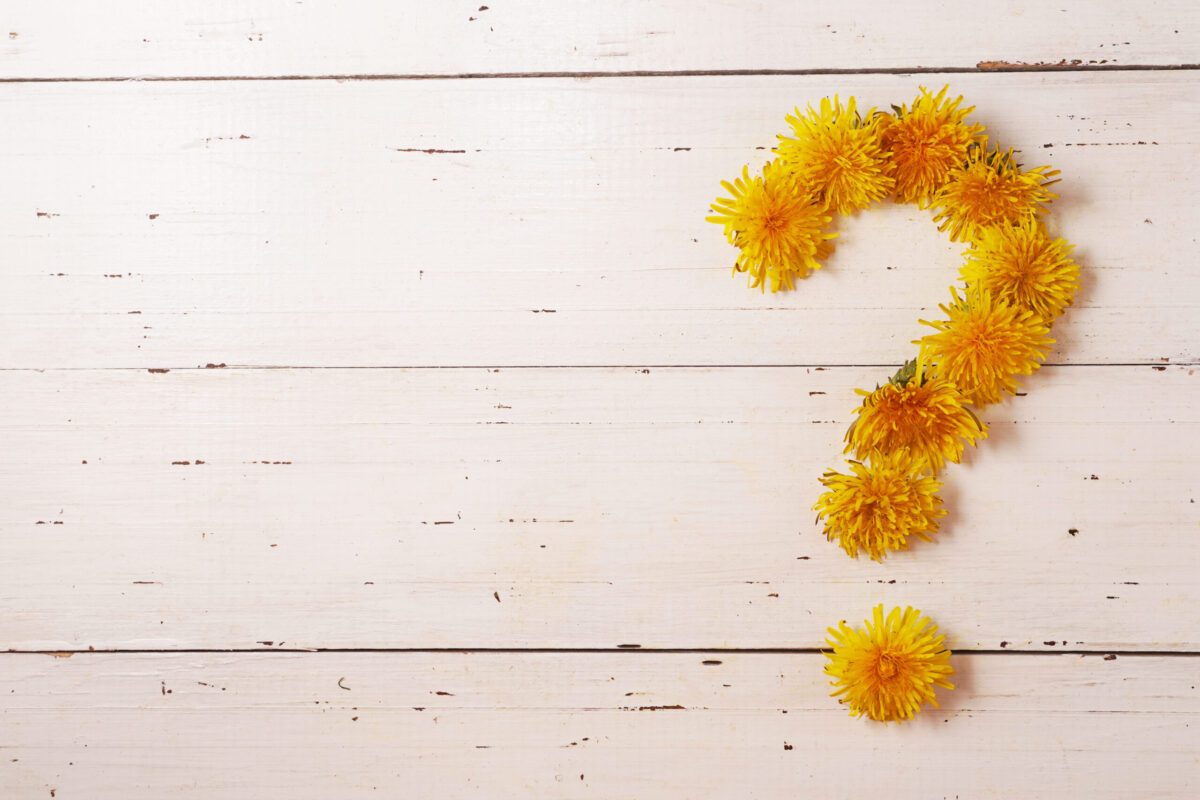Summertime is prime time for myths to spread like kudzu. It’s hard to know what’s true and what’s just an old wives’ tale.
To clear up some of those misconceptions and provide answers to some common summer questions, WellTuned spoke with Dr. Chris Andershock, a medical director at BlueCross BlueShield of Tennessee.
1. Is it safe to drink out of a garden hose?
Dr. Andershock: A garden hose would not be my first choice as a water source on a hot day. Many adults can remember times drinking water from a hose in their backyard, and probably nothing happened to them. However, hoses today are made of polyvinyl chloride and other materials that are not ideal for holding drinkable water since they could leach small amounts of chemicals into the water. That’s especially an issue for a hose that’s sitting out in the sunlight on a hot day, where the heat might speed up or activate the leaching process.
It’s also important to balance the desire for clean water and the importance of staying hydrated. So, if you’re stuck outside, it’s hot, and there’s no other option, I would recommend drinking from the hose. Just let the water run for a minute or so and flush out any hot or stagnant water that’s been sitting in the hose. It’s important to make sure it doesn’t burn you.
2. Which is safer, sparklers or fireworks?
Dr. Andershock: Neither is safe. You’re taking a risk every time you handle any type of fireworks. Fireworks cause more than 10,000 injuries that require trips to emergency rooms each year. Almost a third of those are burns. And as you might imagine, most injuries occur in the weeks surrounding July 4.
Sparklers burn at more than 2000 degrees, which is hot enough to melt metal. They cause more than 1,200 injuries each year, with many affecting younger children. I encourage parents to consider safer alternatives, such as glow sticks for their children. With firecrackers and other forms of amateur fireworks, people are literally lighting an explosive charge very close to their bodies. And the fuses often vary in length of burn time to ignition, which can make it difficult to get out of the way.
Just from a commonsense standpoint, I would encourage you to think twice about whether you want to hold something that hot in your hand—or have your child hold something that hot in their hand. Fireworks and sparklers should only be handled by adults who respect the dangers that go along with them and take the appropriate precautions. Safety wise, your best bet might be to attend a fireworks show that’s put on by professionals.
3. Can you get sunburned on a cloudy day?
Dr. Andershock: Yes, you can definitely get a sunburn on a cloudy day. The clouds do not completely protect you from the sun’s ultraviolet (UV) light, which burns and ages your skin. It’s not just the clouds you need to consider, either: the UV light can reflect off surfaces like water, sand and cement. I recommend that you wear a broad-spectrum sunscreen to protect your skin even on a cloudy day. You’ll never regret putting sunscreen on, even if you don’t think you’ll need it.
4. Do you have to wait an hour after eating before swimming?
Dr. Andershock: Generally speaking, when it comes to recreational swimming, you don’t need to wait at all. However, if you’re planning to swim a long distance or for a long time, you might consider taking a short break after snacking or eating a meal before you exert yourself.
5. Will a “base tan” keep you from getting sunburned?
Dr. Andershock: No. Some people think that a tan may protect their skin from a sunburn, but a tan itself is a sign that the sun’s UV light has damaged your skin. Skin damage is cumulative, so you’re just setting yourself up for more problems later in life, including skin cancer. Opt for protecting your skin as much as possible with sunscreen whenever you’re outdoors. Don’t forget to reapply frequently, too. A hat and protective clothing can also help shield your skin from the sun’s damaging rays.
6. Why do mosquitos bite some people more than others?
Dr. Andershock: Studies show that some people are more likely to become mosquito targets. While experts aren’t exactly sure why, they do believe that it’s some combination of compounds that make up a person’s distinct body odor that seems to be a culprit. Your skin microbiota, your genetics, and even pregnancy can affect your attractiveness to mosquitos.
Also, research shows that female mosquitos are attracted to carbon dioxide—exactly what you’re constantly exhaling. You can’t exactly stop breathing, but you can do a few things to protect yourself, including applying insect repellant and wearing long sleeves and pants.
“Summer is a great time for healthy outdoor activities,” says Dr. Andershock. “With some common sense precautions, you can avoid most dangers to your health.”
Dr. Andershock on 4 ways to boost your immune system.
Get more information about specific health terms, topics and conditions to better manage your health on bcbst.com. BlueCross BlueShield of Tennessee members can access wellness-related discounts on fitness products, gym memberships, healthy eating and more through Blue365®. BCBST members can also find tools and resources to help improve health and well-being by logging into BlueAccess and going to the Managing Your Health tab.


